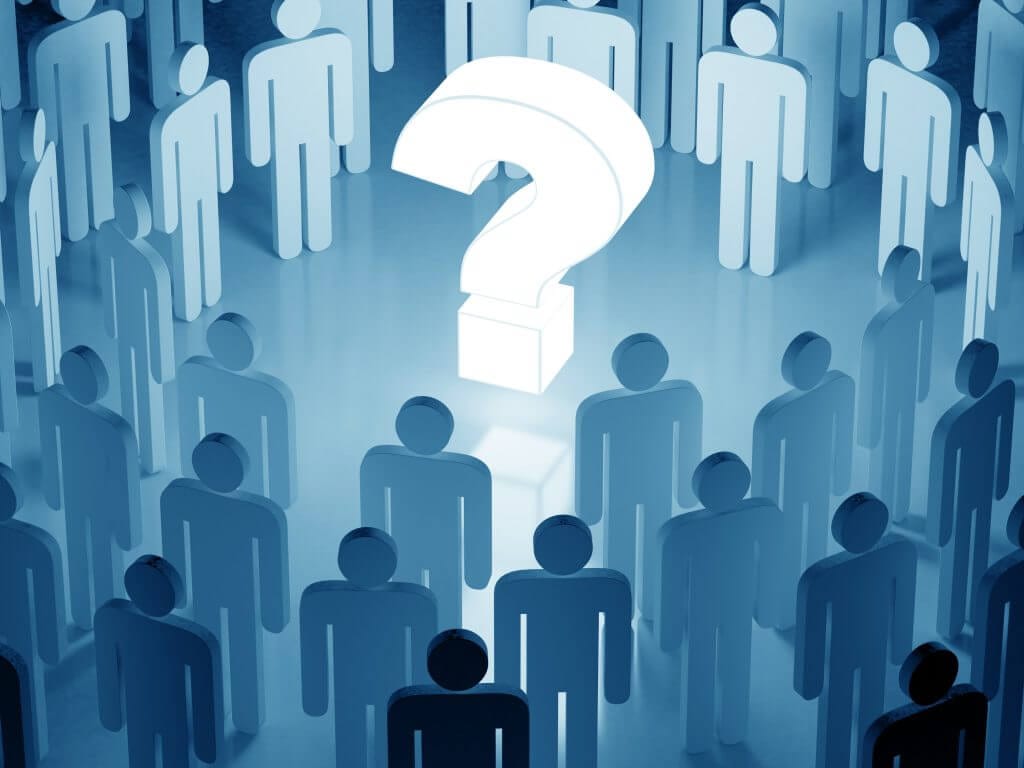Every controversial subject has passionate believers on both sides of the fence, lobbying for what they believe is the best possible outcome. The use of predictive analytics in criminal justice is no different. In this case, if you were to step back and take an objective view of the subject, you would see that there are valid concerns and important points on both sides of the argument. Some believe in predictive analysis and some don’t. So how does one choose?
On one hand we have predictive policing. Results prove with hard data that, when properly used, predictive analytics can help reduce crime, save money, and ensure that resources are applied where they are most needed. On the other hand we have too many examples of how innocent people are unjustly targeted, and how racial profiling can cause division between police officers and the communities they serve. Is it possible to strike a balance between the two? To protect individual’s Constitutional rights while still allowing law enforcement to do their jobs in the most effective manner possible?
Big data in policing and law enforcement is very tricky
In truth, the use of big data in policing and law enforcement is a very tricky ethical dilemma. There are substantial opportunities, along with enormous risks, and both must be carefully weighed against each other if we are to strike a balance that gives us the best of both worlds. Properly harnessed, big data and the use of predictive analytics in criminal justice can be an incredibly powerful resource for communities here in Michigan and indeed all over the world. But it’s that harnessing that can be difficult. Because just like Nikola Tesla discovered, some powerful things are very difficult to contain and control.
According to reports released by the White House, it is possible for big data techniques to be used to “detect bias and prevent discrimination,” when properly employed. However, that same data can also be used to “deliberately or inadvertently perpetuate, exacerbate, or mask discrimination.” So in reality, it’s up to us.
Data does not think. It does not feel, it does not care, it does not have needs. If we are going to have big data work for us in the most effective and the most positive way, only we can ensure that it happens. People will need to work to maintain the mindset that big data is a tool but we are still the master craftsmen in charge. We will need to make informed decisions that are assisted by the use of predictive analytics but not allow the data to make decisions for us. We in Michigan will need to remember that “likely” doesn’t mean “definitely” and that people are unique individuals, not numbers and codes.
Ultimately, the reality is that big data is here to stay, both in and out of our criminal justice systems. The conversation we need to be having now is not whether or not we should be using it, but rather, how to use it properly..Only then will we have put the focus where it needs to be. Only then will we be able to move forward together, toward a better, smarter future. Only then can we insure equal justice for all.








